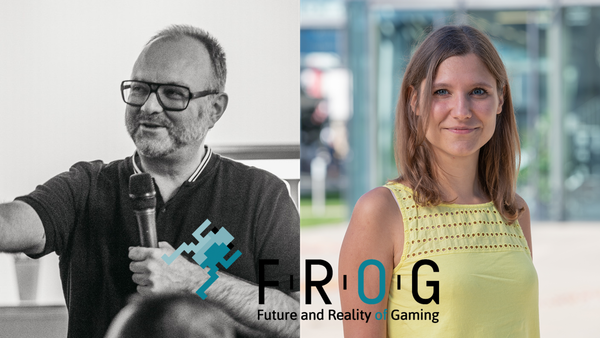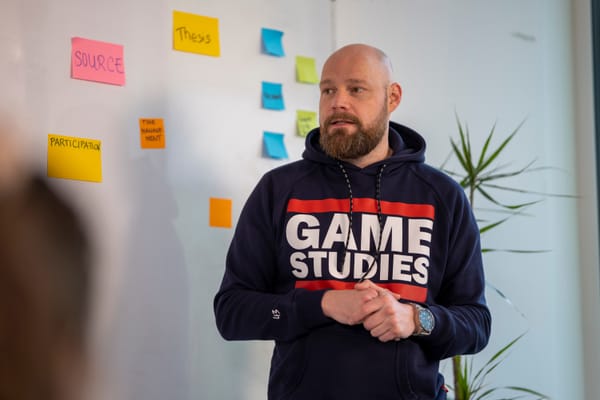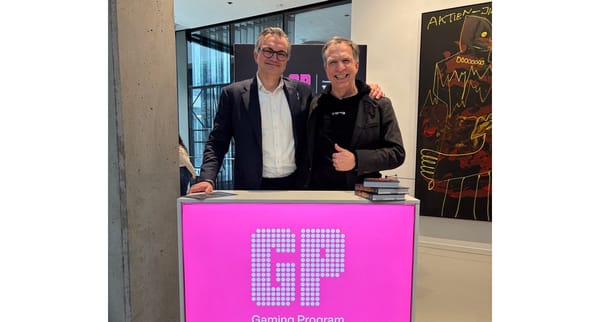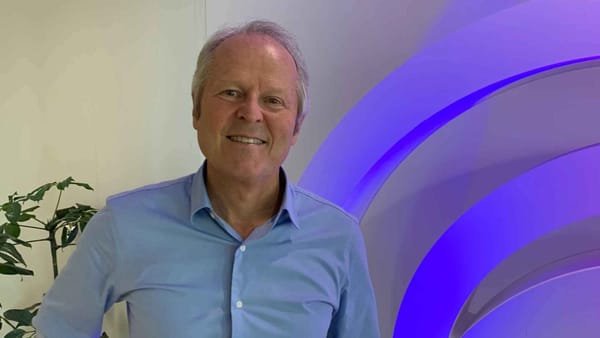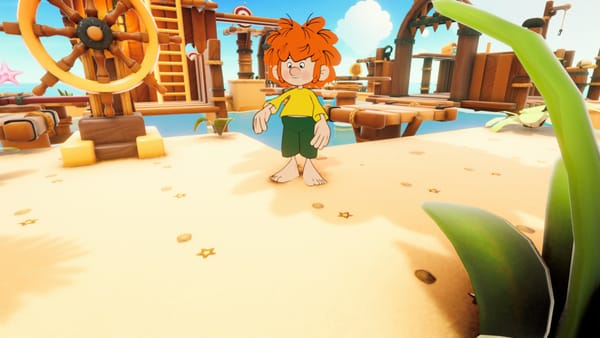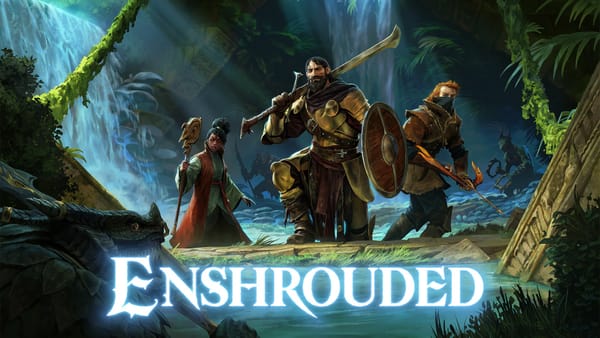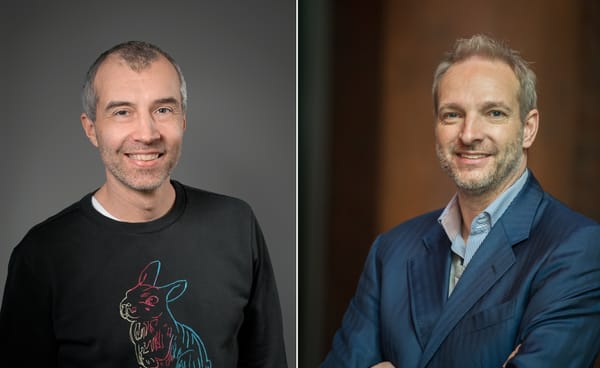The Exceptional Role of Universities
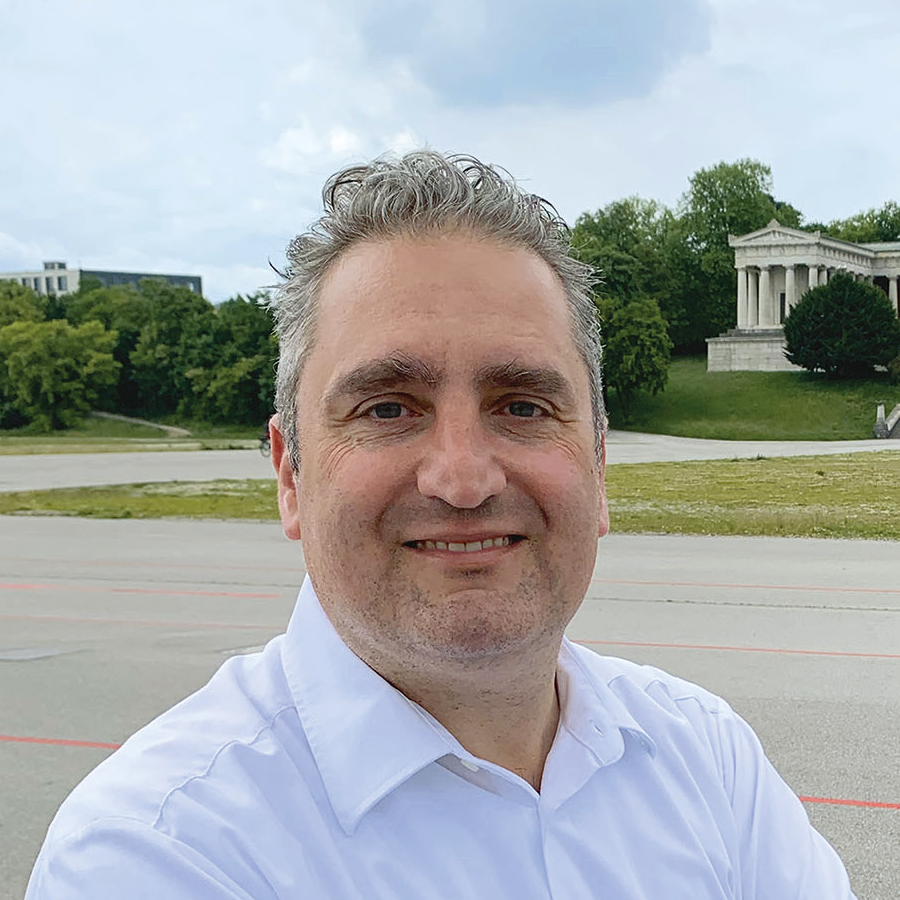


At MFG promoting cultural and creative industries goes far beyond funding: Dr. Andrea Buchholz has realised numerous exciting projects with universities as breeding ground for a healthy games-ecosystem.
GamesMarkt: The MFG addresses the issue of talent and research promotion, which, as far as I know, does not exist in this form in any other funding organisation. Why does it make sense to bring these issues together in a separate area?
Andrea Buchholz: Skilled workers ensure innovation and competitiveness, prosperity and quality of life. The shortage of skilled workers is also one of the biggest challenges for the sustainable strengthening of digital professions such as game design. So it makes perfect sense to focus on the talents of tomorrow! Universities play a central role in this: they educate, research, provide networking bio-topes and create space for experimentation. And let us not forget: Universities are the foundation of the start-up ecosystem. According to the German Startup Monitor 2023, every second start-up was supported by a university. Baden-Württemberg has a high density of universities. With more than 80 universities, colleges of art, music and pedagogy, film and pop academies, and cooperative state universities, it accounts for a fifth of all German universities. Currently, 350,000 students are being trained in the state of Baden-Württemberg to become qualified young professionals. It is therefore our declared aim to maintain a close dialogue with the state‘s universities, to initiate cooperation and to integrate them into the cultural and creative industries ecosystem.
How, when and why did the focus on talent and research come about?More than 20 years ago, we used the funds available at the time to support outstanding students in the realisation of innovative IT and media projects, creative product ideas or services with a scientific, technological or artistic focus. What was special back then was that the grants were open to all disciplines, so that highly interdisciplinary projects could be developed. We also expanded the programme to give researchers at universities of applied sciences the opportunity to work on topics at the interface between technology and the creative industries. This has resulted in valuable studies, impulses, contacts and networks on which our work continues to build. One of the projects that has now been completed was VR NOW, with which MFG became involved in the VR/XR sector long before other federal states began to provide funding in this area. How did the project come about? Baden-Württemberg is an important location for film and animation. This is evidenced by renowned educational institutions such as the Film Academy Baden-Württemberg in Ludwigsburg or the Stuttgart Media University, as well as FMX — the world-renowned conference for animation, effects, games and immersive media — and many world-class companies that have come together to form a unique cluster, the AMCRS (Animation Media Creators Region Stuttgart). To further strengthen the location, the Ministry of Science, Research and Arts launched a virtual reality offensive in 2016 as part of the digitalisation strategy digital@bw. Together with the Animation Institute of the Baden-Württemberg Film Academy, we launched the project-based talent development initiative VR NOW. From 2016 to 2020, graduates and professionals were able to develop their innovative VR, AR and XR project ideas into presentable prototypes. From interactive hidden object universes based on AR and asymmetric VR multiplayer games to mobile and self-sufficient systems for cultural mediation, VR NOW was able to support teams at an early stage in further refining their VR/AR project ideas. MFG Baden-Württemberg supported them in the development of prototypes with an entrepreneurial qualification programme covering all aspects of business planning, business model development and financing issues.
Another project that is unique in Germany is the GamesHub for Health/Life Science Heidelberg. How did this project come about?
MFG Baden-Württemberg launched the GamesHub for Health/Life Science Heidelberg in 2021 together with a strong partner network and with funding from the Ministry of Science, Research and Arts. The aim was and is to create a competence centre and incubator for the development of gaming applications for preventive, therapeutic and educational use in the healthcare sector. In fact, this test centre is unique in Germany. Heidelberg was the ideal location due to its dynamic and strong start-up and creative scene and the international reputation of the University of Heidelberg, especially in the life sciences and medicine. The partner network includes universities such as the Stuttgart Media University, Heidelberg University and SRH Heidelberg, as well as the two state accelerators Sandbox, the accelerator programme for digital business models in the creative industries in Baden-Württemberg, and the Life Science Accelerator Baden-Württemberg, also based in Heidelberg. By networking these players, we can offer a training and work programme tailored to the needs of the sectors. This provides the selected teams with optimal starting conditions for the (further) development of their projects and companies. For example, a GamesHub-team has developed a target group-specific mini-game to reduce the anxiety of young cancer patients during radiotherapy. In rehabilitation, a playful application using biofeedback, VR, sensor technology and AI can support the recovery process. And for mental health, a game has been implemented to treat perceptual biases and practice social communication skills. We believe that both the games industry and the healthcare and life sciences industries will benefit from this new cross-innovation collaboration: Game developers will benefit from new and promising areas of application, while the other sectors will gain access to better user experience, game design, game development, game art and new game mechanics. Over the past three years, we have gained a wealth of experience in this exciting, pioneering field. We are currently analysing this and adapting the Games for Health experimental laboratory accordingly. Our work never ends.
„Universities [...] educate, research, provide networking bio-topes and create space for experimentation. And [...] are the foundation of the start-up ecosystem.” - Dr. Andrea Buchholz
How important is it for a state-wide center of excellence to think “out of the box” in order to be at the forefront of such new and innovative approaches?
The insights I have given into our specific programme and project work should make it clear: our work is thoroughly creative, unconventional and agile. As facilitators, we learn about the different insights, perspectives and needs of one group and act as translators to other groups. Just recently, the network of universities with relevance to games reported how difficult it is for students to find a place for their compulsory internship. Almost at the same time, a game studio reported to us that it had vacancies and was unable to fill them. As an intermediary, we will fill the “relationship gap” and ensure a more systematic exchange between game players beyond ad hoc placements. Our top priority is to respond to demand and keep the programmes flexible.
What other projects and tasks do you support independently of the other funding areas?
With HOLA, our cross-university laboratory for collaborative work, MFG Baden-Württemberg has been promoting creativity, collaboration and experimentation since 2016. The programmes vary. For example, HOLA organises THE LÄND‘s participation in the Global Game Jam in cooperation with all state‘s games-related universities. At the Global Game Jam, around 200 game students and game studios spend a weekend together at a location in Baden-Württemberg to develop new digital games. The focus is on introducing students to games, exchanging knowledge and experience, and networking young talent from universities with each other and with game companies in the state. In this way, we contribute to the retention of skilled workers — in the studios and in THE LÄND. As part of our efforts to promote young talent, we also support the TALENT Meet-up BW initiative. 20 selected young talents from the fields of animation, film and games are brought together here. They can experience the Stuttgart Animation Week at the end of April with a free combo ticket. The offer supports the participants in networking, provides individual programme tips and creates the framework for the best possible exchange — among each other and in the international industry. Participants will also learn about regional support programmes and contacts. The initiative was developed in close cooperation between MFG Baden-Württemberg, AMCRS (Animation Media Creators Region Stuttgart), The Stuttgart Region Economic Development Corporation and the Film Commission Region Stuttgart as well as the Animation Institute of the Film Academy Baden-Württemberg.
What are the intersections with “classic” film, games and location promotion and how are you involved?
We have developed a holistic and networked funding strategy for game studios: Under the label GAMES BW, MFG Baden-Württemberg promotes the development of digital games and game studios in Baden-Württemberg — from the initial idea to the development of prototypes, to the founding of the company and game development. Our cross-university student and young talent programme HOLA is at the beginning of the innovation chain. With Developer Boost, our young talent and qualification programme for founders and teams interested in starting a business, we bring entrepreneurial thinking to game development. The teams can work in the various GamesHubs in Baden-Württemberg, receive financial support in the form of concept, prototype and production funding as part of Games BW, and build up their own network through the numerous networking opportunities offered by MFG — be it at the regular meeting point for the games industry, Open Stage Games BW, or at the annual and industry congress GAMESTATE Festival. We also invite game studios to present their games at our community booth at gamescom in Cologne every year. Games BW Players, an online directory of the games industry in Baden-Württemberg, rounds off the programme. In short, the games scene in the south-west is lively, strong and interactive, from creative students to young professionals, from fresh studios to established market players. As a promoter of the cultural and creative industries, MFG Baden-Württemberg plays an active part in this.
… is Head of Project Team Talent and Research Fostering of the Cultural and Creative Industries Unit of MFG Baden-Württemberg
